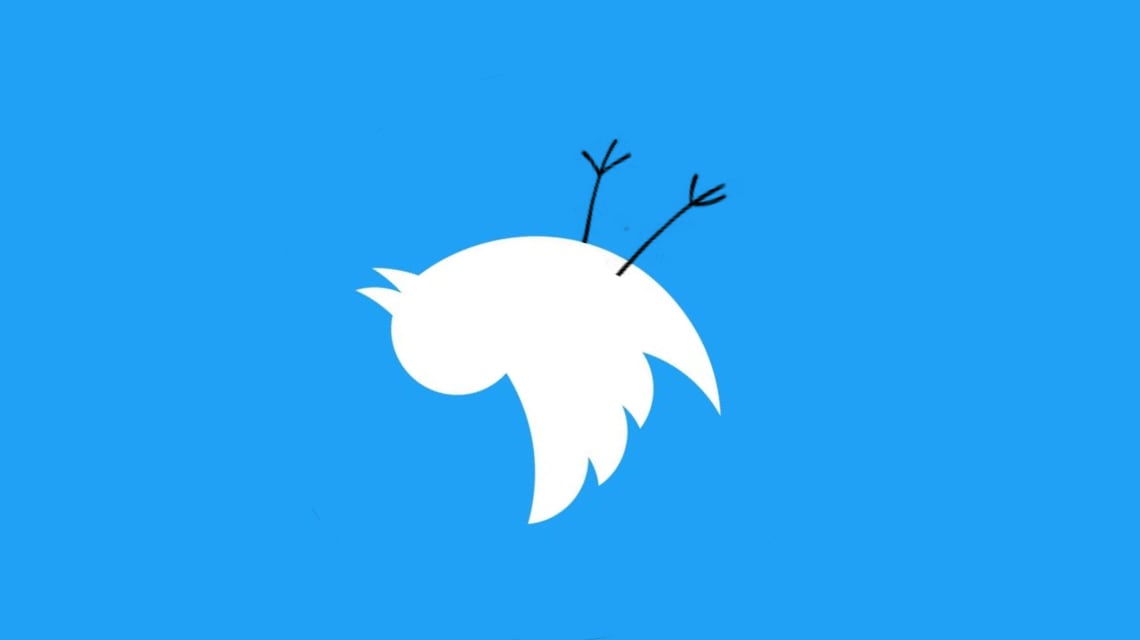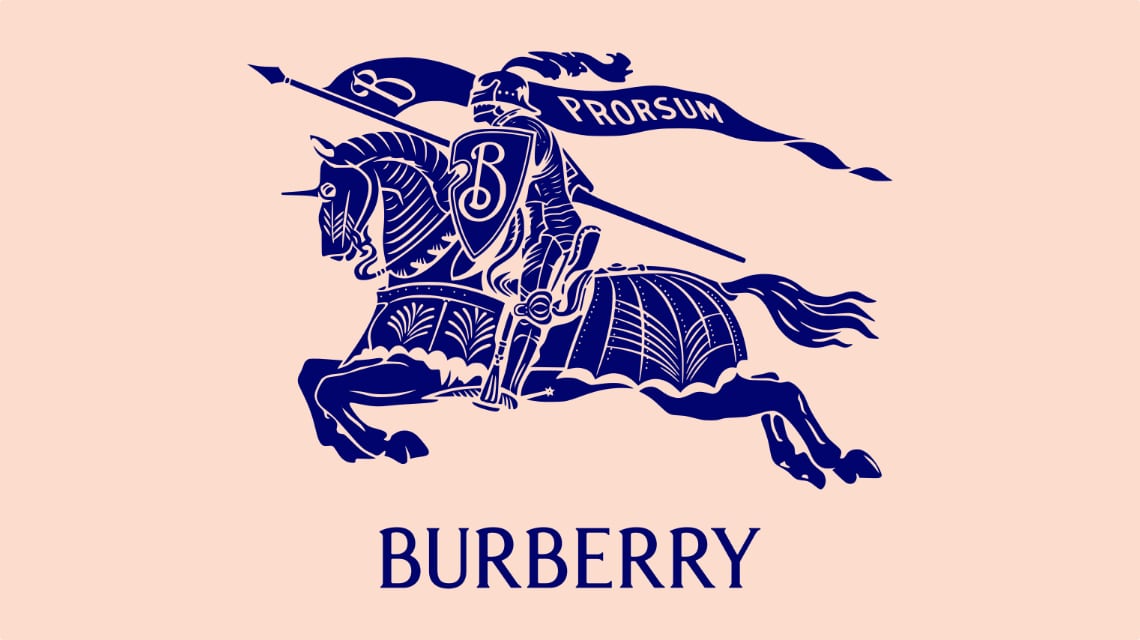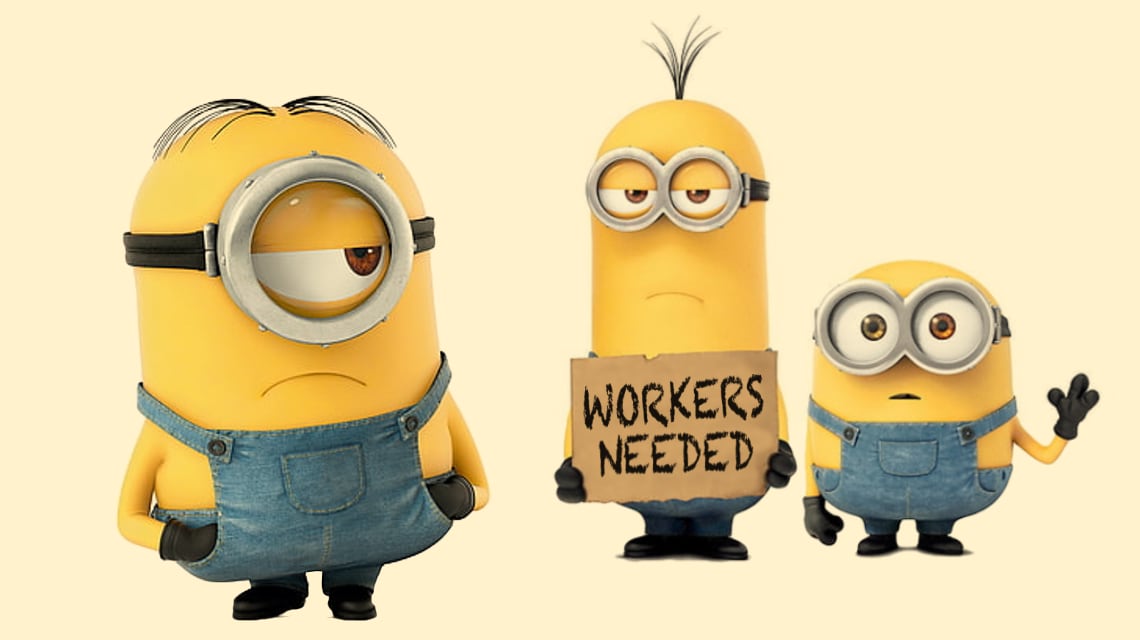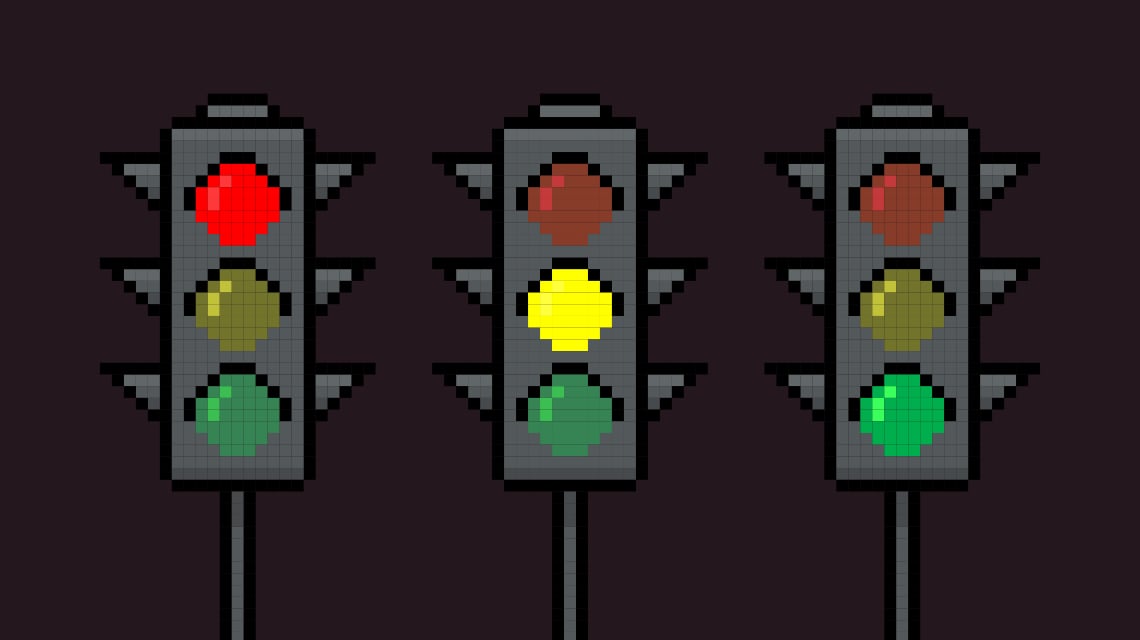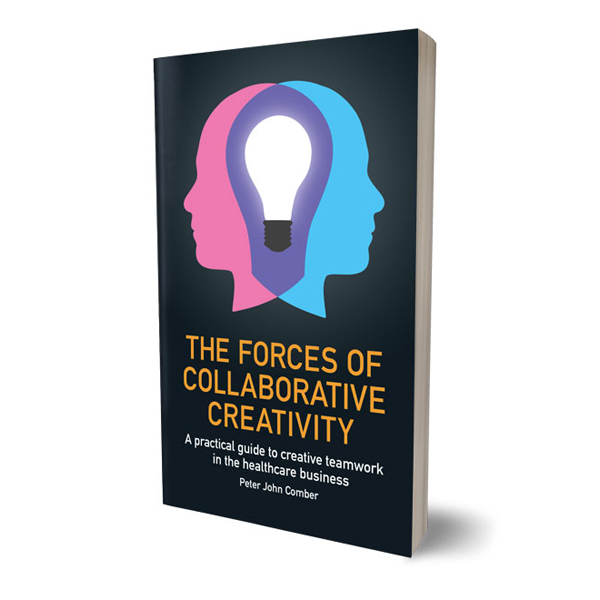The little bird and a genius.
Elon Musk entered Twitter headquarters holding a sink; possibly a portent of where the company is headed now that he is the self-proclaimed Chief Twit.
Quick recap: Elon Musk bought Twitter for $44 billion, after spending months denigrating it for being illiberal and overrun by bots which, unsurprisingly, caused a mass exodus of staff and a decline in business performance. In July, Twitter reported a Q2 net loss of $270 million (versus a profit of $65.6 million a year earlier) with $1.18 billion in revenue of which $1.08 billion was from advertising (in the same period Amazon ad revenue was $8.76 billion). Probably not a great investment, but then again Musk has said that “The reason I acquired Twitter is because it is important to the future of civilization to have a common digital town square, where a wide range of beliefs can be debated in a healthy manner, without resorting to violence.”
To which I say, read a history book Elon (or upload it to your brain via Neuralink). Healthy debate on a wide range of beliefs has never been one of humankind’s strengths. One of the effects of social media has been to show us that we still sorely lack a collective ability to get along and respect each other.
More from Musk: “There is currently great danger that social media will splinter into far-right wing and far-left wing echo chambers that generate more hate and divide our society.”
To which I say - that already is a feature and not a bug of social media. By now everyone should know that each individual’s news feed is unique and tailored by algorithms based on previous behaviour. If you get most of your news from social media you are already in an echo chamber of your own creation.
Musk is an audacious visionary with utter conviction in his ability to find a better way to do everything. The consensus is that he is highly intelligent.
So maybe he could find a way to make Twitter a positive force in society if it weren’t for three insurmountable problems: Musk possesses an engineering-oriented brilliance and the problems he faces are primarily sociological; Musk paid nearly half of the $44 billion out of his own deep pockets with the rest coming from financial institutions and investors who want that money back with interest; Musk is stretching himself thin across too many ventures.
All his considerable achievements to date have precious few transferable skills for reconfiguring and maintaining a social media company. Engineering is about definitive problem-solving. Booster rocket firing sequence? Nailed it. Move on.
Humans are not booster rockets, they are fickle, unrelentingly unpredictable and devious. To try to moderate an online discourse is a thankless Sisyphean task because all content is political. If you solve an issue it is a fragile, temporary solution and meanwhile, five other issues have sprung out of nowhere. Ironically, given the accusations Musk has made over the last months while trying to wriggle out of the deal, the only guaranteed solution to the problem is to crowd out the pesky humans with bots.
Musk describes himself as a “free speech absolutist” yet he has also insisted that Twitter “cannot become a free-for-all hellscape”. These irreconcilable contradictions are the heart of the matter.
Brands dislike participating in a free-for-all hellscape. General Motors has already said it will “pause” advertising on Twitter while it observes how things evolve. It isn’t an isolated case. Obviously, this is bad for business and the co-financers of Musk’s acquisition are going to be looking nervously at Twitter’s advertising revenue as that will decide the fate of their investment. Tellingly, post-acquisition, Musk stated that “I also very much believe that advertising, when done right, can delight, entertain and inform you…low-relevancy ads are spam, but highly relevant ads are actually content!” Therein lies a huge deception and a huge problem: people do not perceive ads, relevant or not, to be content they regard it to be a nuisance; all content is political and therefore ads contribute not only to the bottom line but also to the complexity of moderating the business.
I’m presuming that ‘Highly relevant ads’ translates as hyper-targeted ads, which means billions of data points fed into ML that predicts what someone is interested in at that very moment. Which sounds to me like individualised advertising-commerce echo chambers. Maybe we will all get along if we buy what we are told to. Twitter’s monetisable daily active users are reportedly $237.8 million - which is a lot of people but nowhere near being all the people. If “ads are actually content” that’s probably just as well because as the old saying goes: you can fool some of the people some of the time but not all the people all the time.
There is the possibility that Musk has alternative revenue plans for Twitter to make it less reliant on ad dollars. He has already set out the idea of paid subscription, initially $20 a month, now $8 (one gets the impression he hasn’t thought much of this through). Ultimately, Musk’s vision for the future of Twitter probably looks like WeChat, which also functions as a payments system where Musk has history - as does Peter Thiel, his old partner at PayPal, who is one of the investors that helped fund Musk’s Twitter acquisition. Realistically though, Twitter will continue to need ad revenue to survive. WeChat certainly sees ads as indispensable and is keen to expand inventory, in July the app began serving ads to users in its short video platform and has described it as being a substantial source of future revenue.
Elon Musk claims to work 100 hours a week, in advertising this is called slacking off. Twitter is an advertising business, a social-political advertising business of staggering ethical complexity and I reckon it’s going to kick its new owner's ass so hard he won’t need a rocket to get to Mars.
